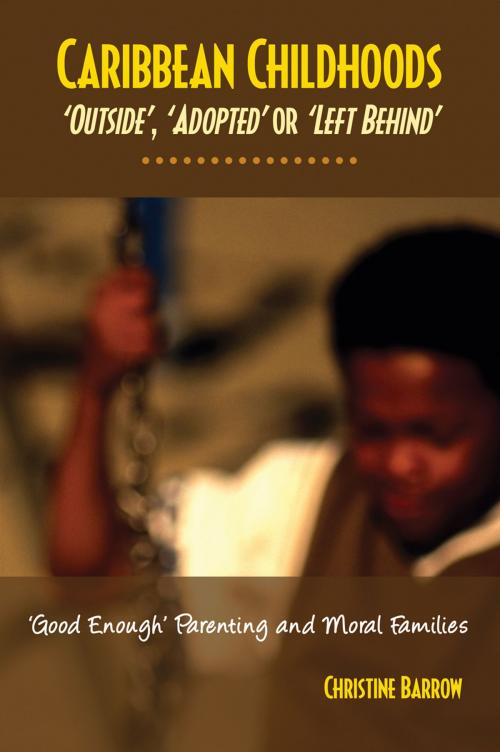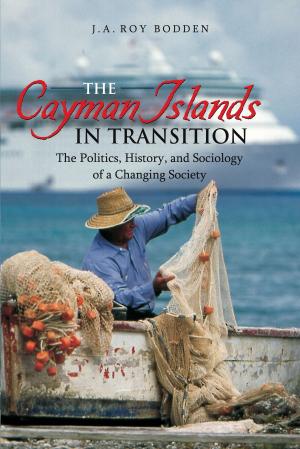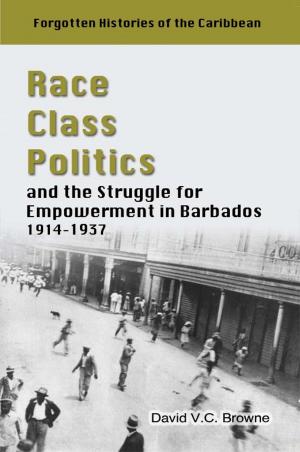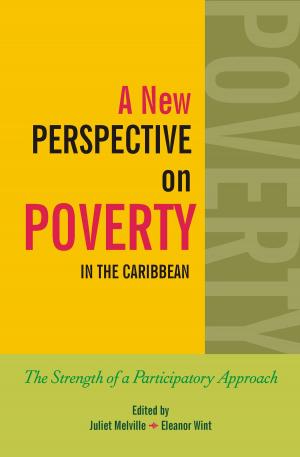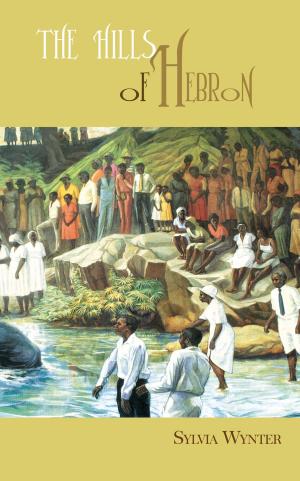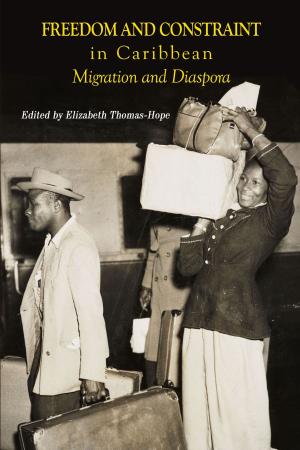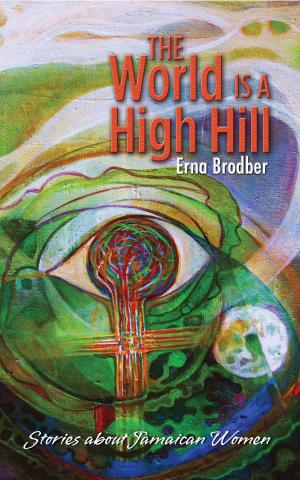Caribbean Childhoods: 'Outside', 'Adopted' or 'Left Behind'
'Good Enough' Parenting and Moral Families
Nonfiction, Family & Relationships, Parenting, Child Care, Social & Cultural Studies, Social Science, Social Work, Family Relationships| Author: | Christine Barrow | ISBN: | 9789766376734 |
| Publisher: | Ian Randle Publishers | Publication: | April 23, 2014 |
| Imprint: | Language: | English |
| Author: | Christine Barrow |
| ISBN: | 9789766376734 |
| Publisher: | Ian Randle Publishers |
| Publication: | April 23, 2014 |
| Imprint: | |
| Language: | English |
Studies of the experiences of Caribbean childhood have, in the past, been undertaken almost exclusively from the perspective of adults rather than that of the children themselves. In this work, Christine Barrow departs from that tradition by focusing on the views of children as participants. The result is a fresh perspective on childhood and growing up that is different from those of parents, guardians and adults in general.
The core of the study is based on the childhood narratives of some 28 men and women organised around a range of themes including migration, informal adoption and abandonment. These narratives provide fresh insights into the complex lives of children as well as alternative views of commonly accepted notions such as the two-parent family being the ideal, in comparison to the reality of families not purely formed by blood relation.
Caribbean Childhoods adds a new dimension to our understanding of the rich diversity of Caribbean families and the context in which many children are raised. It is a useful guide for social workers, teachers and anyone else seeking to understand Caribbean youth.
Studies of the experiences of Caribbean childhood have, in the past, been undertaken almost exclusively from the perspective of adults rather than that of the children themselves. In this work, Christine Barrow departs from that tradition by focusing on the views of children as participants. The result is a fresh perspective on childhood and growing up that is different from those of parents, guardians and adults in general.
The core of the study is based on the childhood narratives of some 28 men and women organised around a range of themes including migration, informal adoption and abandonment. These narratives provide fresh insights into the complex lives of children as well as alternative views of commonly accepted notions such as the two-parent family being the ideal, in comparison to the reality of families not purely formed by blood relation.
Caribbean Childhoods adds a new dimension to our understanding of the rich diversity of Caribbean families and the context in which many children are raised. It is a useful guide for social workers, teachers and anyone else seeking to understand Caribbean youth.
